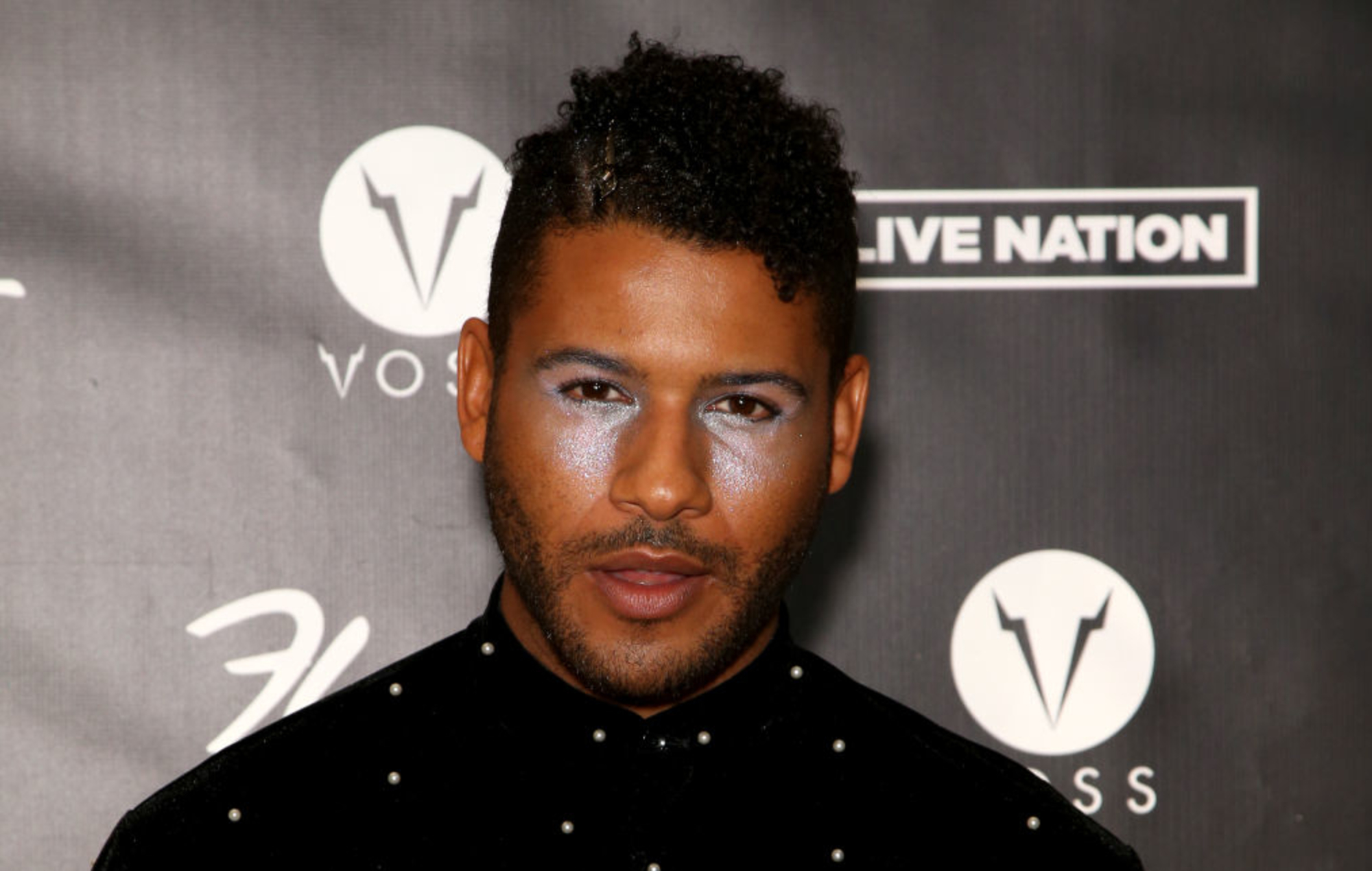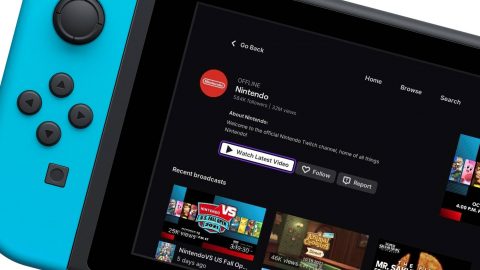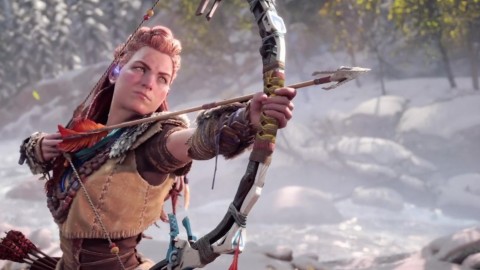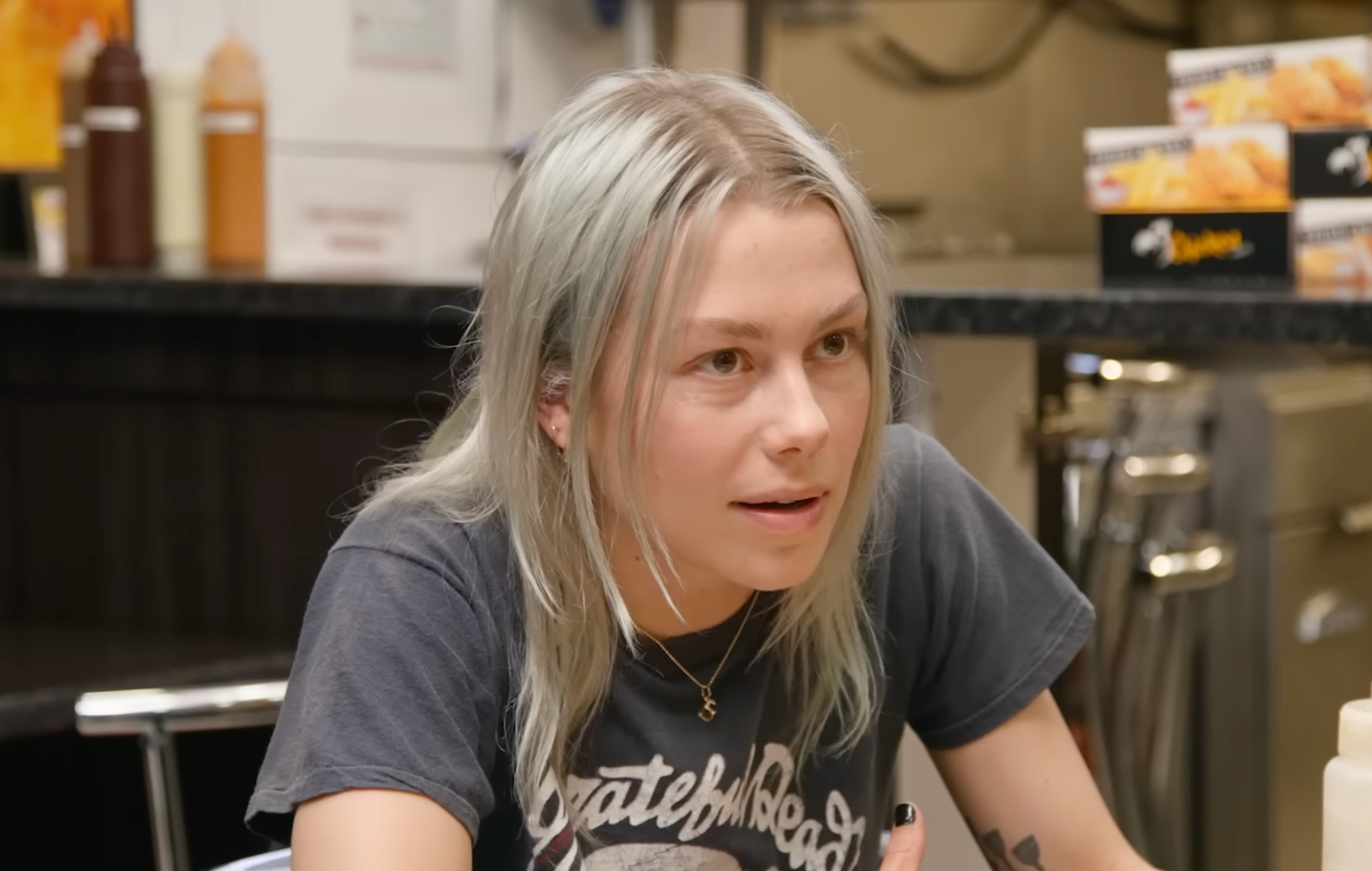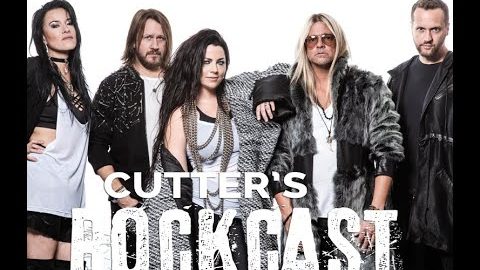
When NME first saw David Attenborough’s new film in March, the world had yet to fall apart. Fast-forward six months and A Life On Our Planet feels even more timely than it did then, despite coronavirus booting climate change off the front pages.
In cinemas from today (September 28) and arriving on Netflix this weekend, the documentary-cum-memoir follows the life of Britain’s most famous naturalist – from his birth in 1926 (!) to his first years at the BBC during the 1950s and everything that came after. Away from the Beeb, Attenborough is allowed to say what he really thinks about our future – and it’s not good. “Human beings have overrun the world,” he says, stoney-faced. “This film is my witness statement and my vision of the future.” He goes on to detail a planet being destroyed by humanity’s voracious appetite to consume its natural resources.
Thankfully, there is hope. We caught up with the 94-year-old environmentalist to find out what we can do to help the cause – and to pick his brains on Bjork, Greta Thunberg and the music industry’s massive carbon footprint.
Hi David, why is your new film so important?
“Humanity is at a crossroads and the natural world is under serious threat – the consequences could be apocalyptic. I’ve had an extraordinary, fortunate life making natural history films for 60 years – and during that time, there have been greater changes in the relationship between man and the natural world than in the last thousand years. I couldn’t say to no to this one.”
In the film, we hear how the planet’s wilderness has shrunk from 66 per cent in 1937 to 35 per cent today – can you pinpoint a time when you started to see things changing?
“Oh yes. I mean it’s funny isn’t it – percentages and numerals don’t carry much of an emotional charge but using them in the right way they can bring things home. One of the things I remember is that 70 per cent of all living birds are chickens and and 96 per cent of mammals are domestic pets. That’s an astonishing thing that we’ve done to the world.”

What can ordinary members of the public do to help – is changing to a plant-based diet useful?
“Certainly, the fewer the demands we make on the planet’s resources the better. In terms of food, in terms of energy and in terms of being respectful to the environment.”
How has coronavirus impacted the fight against climate change?
“The COVID-19 pandemic has caused, and will continue to cause, immense suffering. If there is hope that can come out of it then that may arise from the whole world having experienced a shared threat and found a sense that we are all in it together. The same unique brains and communication skills that fuelled the development of our civilisations now have access to technologies and institutions that allow all nations of the world to collaborate and cooperate should we choose to do so.”

How did you offset the massive carbon footprint of making this film?
“We’re all damaging the environment just by sitting here and breathing – the amount of carbon dioxide that is going out of the window right now because of us meeting is significant. Is that really worthwhile? I think once you behave economically and sensibly, you shouldn’t feel guilty. It’s being wasteful that’s the real demon. I remember my dear father-in-law coming back in the middle of the war from America. He was appalled that he had seen an American with a meal stubbing his cigarette out on a half-eaten steak. We are astonishingly wasteful now. Putting a light on when we don’t need it, for example, but that doesn’t mean we shouldn’t put it on when we do need it, does it?”
The music industry also has a massive carbon footprint – have you caught up with Bjork recently?
“I have to be quite straightforward and say I’m not into the music scene really, but when I worked with Bjork [for a 2013 Channel 4 documentary] I took her interest in me as a considerable intellectual compliment. She’s a very original person and said some very nice things. I mean it’s strange music but it’s very original music! She’s very up to the mark and very concerned with the relationship between human beings and the natural world. I don’t know whether that’s a prominent characteristic of the Icelandic character, but I suspect, having been in Iceland, she has a relationship with the natural world which some of us urban dwellers of the South don’t have.”
Greta Thunberg has led a new wave of young climate activists – are they the future of this planet?
“I’ve had my go. The people who have to live in the world that I’ve had a hand in creating are the young people. They don’t have a vote until they’re 18, so how do they make it clear to those in power what their view is? They have every right to make themselves heard. My generation had their chance and muffed it, but the younger generation are very passionate and concerned about the next 60-70 years. When governments and big businesses are ignoring the demands of the natural world, you have to make it clear you don’t approve. To what degree you break the law is a different issue altogether and I don’t believe [you should] break the law because if you were any good at all, some of your demands will be met and then you’ll be demanding that people abide by the laws [you’ve made] and take notice of what they say. You can’t have it both ways.”
The film ends on a positive note – is there still time to save the natural world?
“The most important thing we can do at this stage in the game is to put the right politicians in power. The ones who will say something about saving the planet, those who are prepared to take an increase in tax if necessary… those who actually think it’s serious.”
‘David Attenborough: A Life On Our Planet’ is in cinemas now and available on Netflix from October 4
The post David Attenborough: “Humanity is at a crossroads” appeared first on NME Music News, Reviews, Videos, Galleries, Tickets and Blogs | NME.COM.


